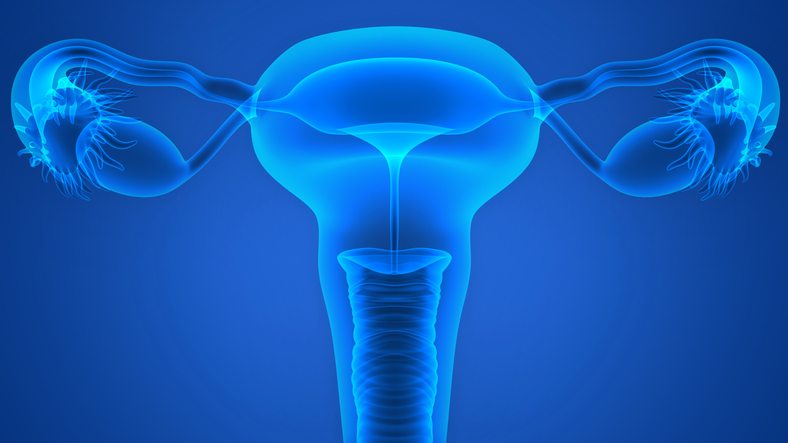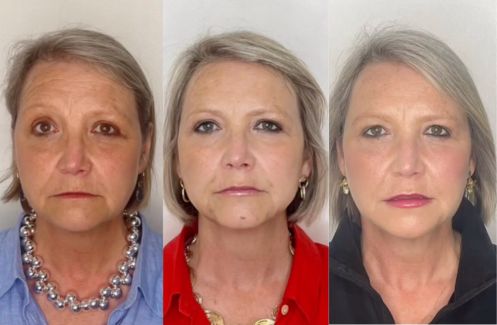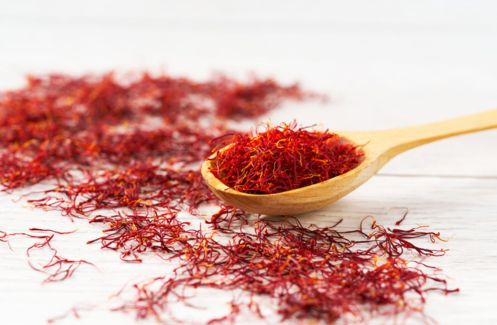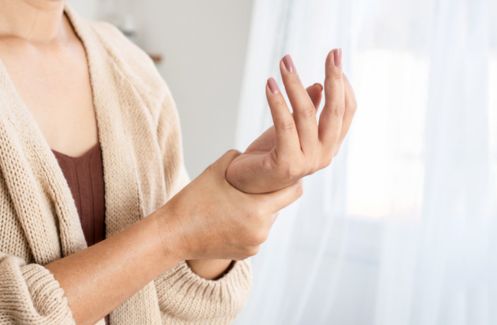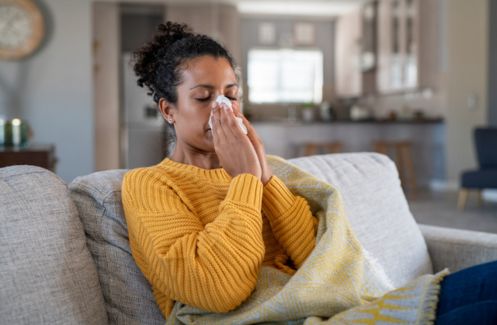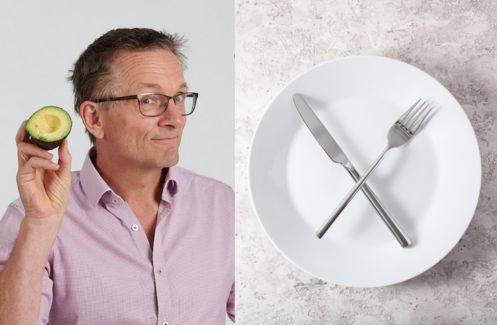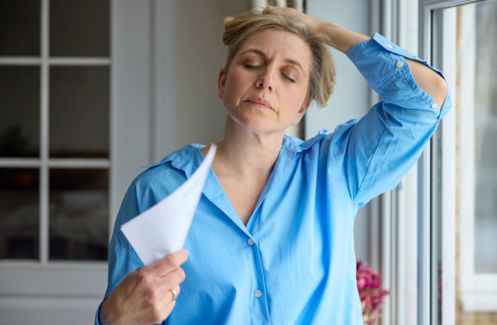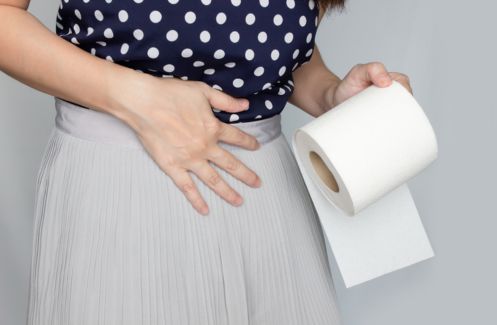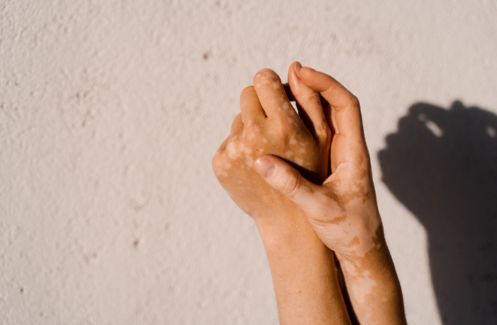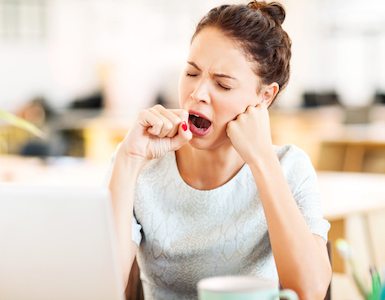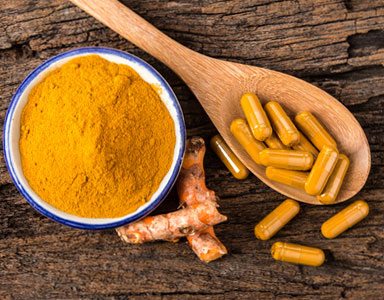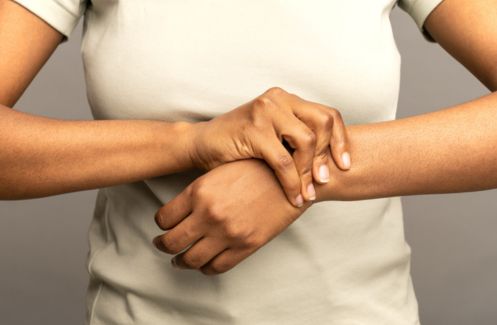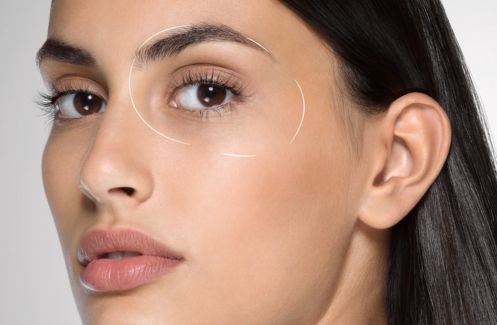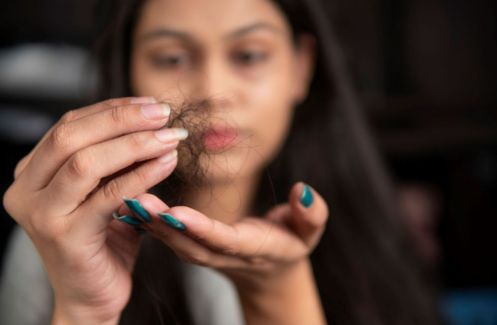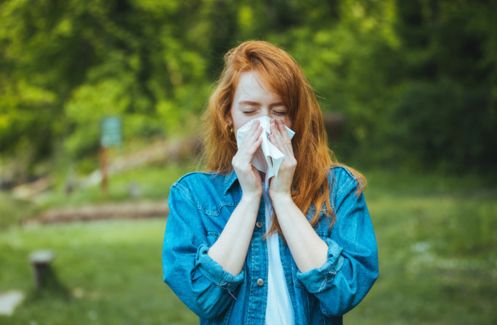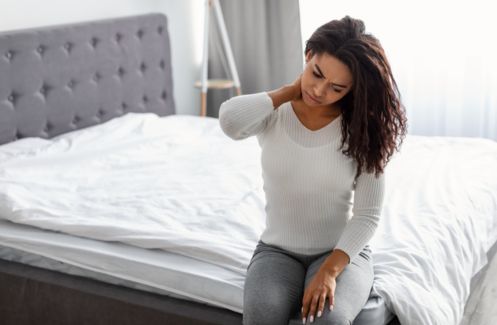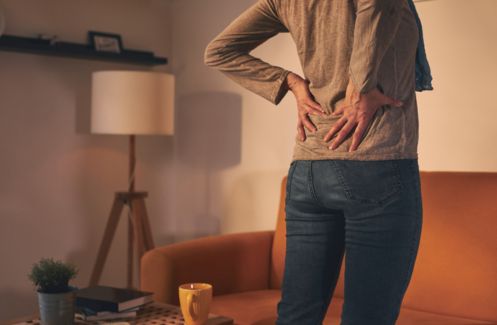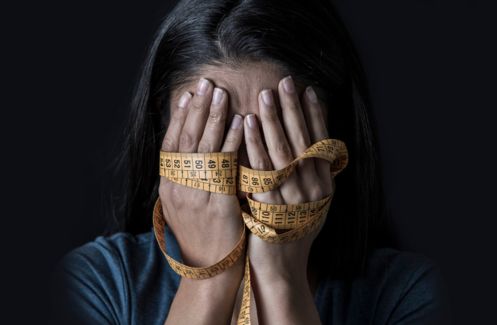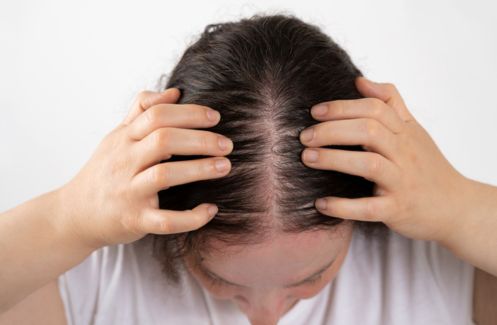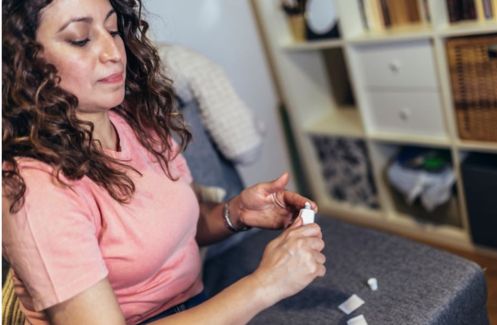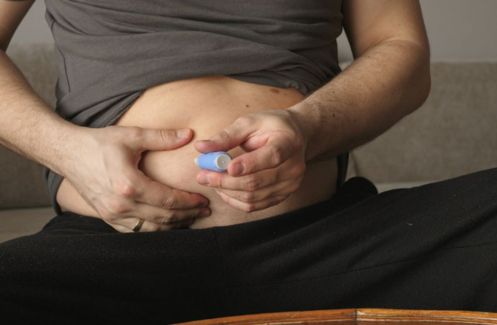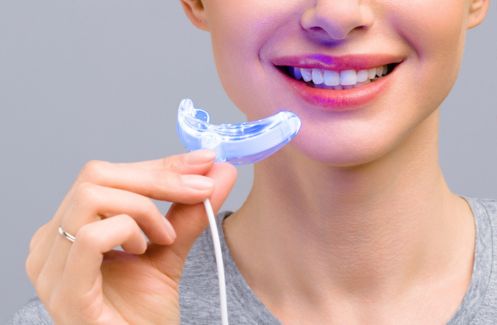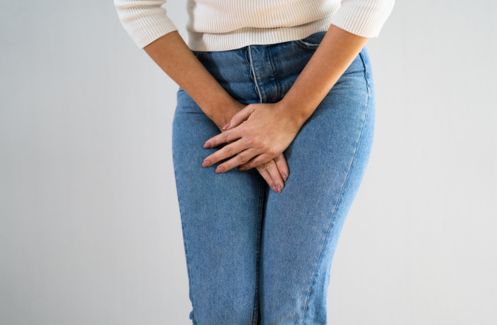Do you have irregular periods? Are you overweight ? You may have Polycystic Ovary Syndrome (PCOS). Gynaecologist Dr. Gabrielle Downey and nutritionist Dr. Marilyn Glenville share the signs not to miss
I found out that I had PCOS in the most peculiar way. I was at university and like most students, I had blown my student loan and allowance. I was poor and thinking of a way to make money quickly. Whilst some were taking up part-time jobs and others were tutoring younger students, I decided to sign up for a clinical trial. Okay, I know you’re probably thinking something along the lines of … are you crazy? What if you died, lost a leg, couldn’t have children? The list goes on.

I weighed up all the pros and cons and decided that £3000, for 10 days of being poked and prodded, day in day out and aiding medical advancements was worth it. Plus, on the bright side, if the worst actually did occur, my family would have been compensated with a hefty cheque. When I tried to explain all of this to my mother, she failed to see the silver lining and practically forbade from going. Me being me, I didn’t listen. I went along, wide-eyed and chirpy to the screening day, which included: filling out paperwork, a urine sample, an interview with a doctor, a blood test and lastly a transvaginal ultrasound.
I remember walking out of the research unit, shoulders slouched, teary eyed thinking that not getting that £3000 was my biggest problem in the world.
During my ultrasound, I was told I had Polycystic Ovaries and for that reason I was not eligible to complete the trial. I remember walking out of the research unit, shoulders slouched, teary eyed thinking that not getting that £3000 was my biggest problem in the world.

I always had irregular periods even before I was diagnosed; I would generally have heavy and painful periods every two months
Fast forward to 2017 and I have realised that PCOS is a lot more serious than I could comprehend at the time. I always had irregular periods even before I was diagnosed; I would generally have heavy and painful periods every two months and sometimes longer and often dismissed this, putting it down to stress. Also, not long after being diagnosed, my GP recommended that I go onto the Pill to regulate my period and in the space of six months I put on a stone.
What is exactly is PCOS?
Polycystic ovary syndrome (often referred to as 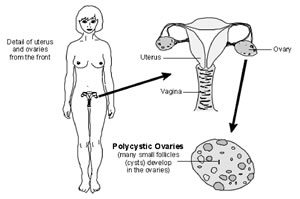 PCOS) is an extremely common hormone disorder that affects females. Nutritionist Dr Marilyn Glenville (who has authored over 20 books on women’s health including one, Natural Solutions to PCOS
PCOS) is an extremely common hormone disorder that affects females. Nutritionist Dr Marilyn Glenville (who has authored over 20 books on women’s health including one, Natural Solutions to PCOS) describes it as ‘a number of immature follicles on the ovary that end up with ovaries looking like a bunch of grapes.’ Up to 1 in 4 young women have polycystic ovaries; whilst up to 1 in 10 women have polycystic ovary syndrome. Considering how common PCOS is, it’s surprising how many of us don’t know anything about it or struggle to find the information we need.
According to Healhtista gynaecologist Dr. Gabrielle Downey ‘symptoms typically begin in the late teens or early 20s,’. Also it is important to note that ‘not all symptoms occur in all women with PCOS.’
6 signs that you have PCOS
You’re overweight and diets don’t work for you
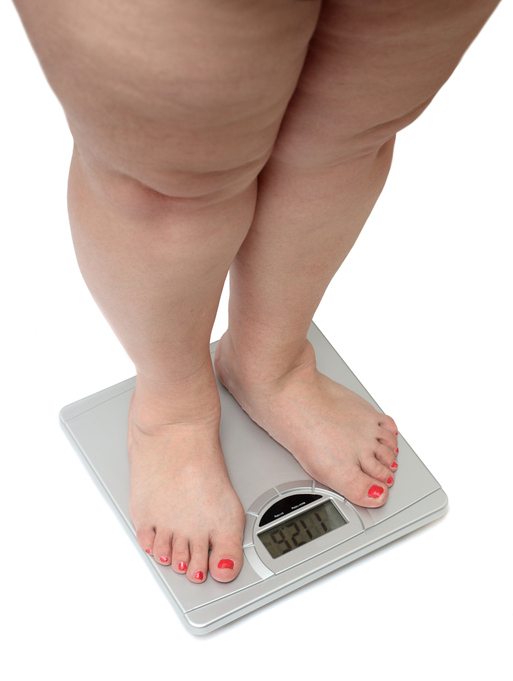
At some point in their life, most women have to deal with weight issues. But for women with PCOS, losing weight can be an uphill battle. The main reason that women with PCOS are often overweight or obese is because they tend to have a higher insulin resistance level which means their bodies have trouble processing glucose made from carbolhydrates. In other words, they put on weight easily and struggle to get it off.
According to Diabetes UK ‘ Insulin Resistance is the name given to when cells of the body don’t respond properly to the hormone insulin. Insulin resistance is the driving factor that leads to type 2 diabetes, gestational diabetes and prediabetes. It’s closely associated with obesity; however, it is possible to be insulin resistant without being overweight or obese.’ The condition also makes the ovaries produce more testosterone, says Dr Glenville, which in turn worsens the effects of PCOS (raised testosterone is associated other symptoms such as increased acne and hair growth in unwanted places).
What to do: Losing weight when you have PCOS can be difficult, but it is a must. Dr Downey says that ‘excess weight makes the condition worse’ and recommends following a ‘low GI, low carb diet’, typically recommended to people with Type 2 diabetes. Dr. Glenville also advises ‘taking out dairy foods because they contain high levels of insulin like growth factor one, which is similar in structure to insulin.’
You have no periods or irregular periods

Many factors can lead to a missed period from stress to a change in schedule, however there is a difference between one missed period and having your period sporadically or with intervals longer than 35 days. Dr Downey says that ’90 per cent of women with lack of periods who aren’t pregnant or after the menopause have polycystic ovaries.’
What to do: It’s important to remember that the symptoms of PCOS should be treated as a whole and not in isolation. As mentioned above by Dr. Downey ‘losing weight helps to reduce the high insulin level that occurs in PCOS. This has a knock-on effect of reducing testosterone. This then improves the chance of your ovulating, which improves any period problems, fertility, and may also help to reduce hair growth and acne.’
MORE: Looking for a protein powder for weight loss? These are the 7 ingredients to look for
According to Dr. Glenville weight loss is one of the best remedies ‘in one study, 82 percent of the women who were not previously ovulating showed improvements, with a number of successful pregnancies during the study, even though many of these women had a long-standing history of infertility.’
The Center for Young Women’s Health suggest that another solution could be the oral contraceptive pill, which lowers hormone levels in women with PCOS and regulates their menstrual periods. Additionally hormone patches and vaginal hormone rings can also help lower the hormone levels in females with PCOS.
For those who prefer natural remedies or want to supplement medication, Dr. Glenville recommends the following herbs to regulate the menstrual cycle:
- Agnus castus (Vitex/chastetree berry)
- Black cohosh (Cimicifuga racemosa)
- Milk Thistle (Silybum marianum)
- Saw Palmetto (Serenoa repens)
You have acne and oily skin
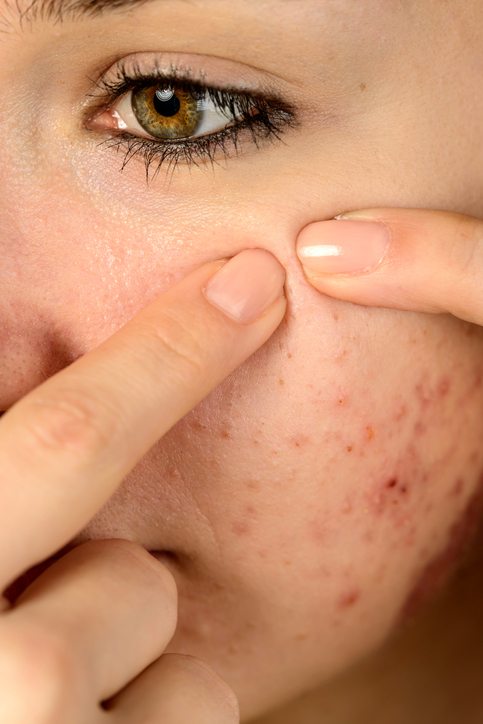
Acne is common for teens as puberty wreaks havoc on hormones and this often manifests in spotty or acne clogged skin. However, as most young women head from their later teenage years into their twenties this tends to stop and the years of clear skin begin. If you find that your skin isn’t getting any better you might have PCOS.
The high levels of androgens (male hormones such as testosterone) that women with PCOS have can cause acne. Such hormones increase the production of oil in the skin and that can lead to clogged pores. If that isn’t bad enough, bacteria that flourish on the skin’s surface increase, triggering inflammation.
What to do: Clearing acne can be tough, but by following a PCOS-friendly diet, you should see an improvement. However, if you aren’t seeing an improvement Dr Downey recommends visiting your GP as he/she can prescribe antibiotics or stronger retinoid medications that can be used topically or orally (or both together).
Read More: Got flu, stress or skin conditions? Top GP reveals what to eat for 12 common ailments
You have excessive hair growth on your body but thinning hair on your scalp

As the ovaries produce excessive amounts androgens, these stimulate hair growth. We’re not talking about the hairs on your head though. ‘You’ll get hair growth in funny places—around the nipples, on your chest, the inside of your thighs, and your belly,’ says Downey. ‘Places where women don’t typically have – or want – a lot of hair growth.’ Dr. Downey says it’s common to see ‘excess hair on the body, in a male pattern hair, over the back, on the nipples and on the abdomen.’
What to do: Reversing excess hair growth and thinning hair can be difficult; Dr. Glenville says ‘ As women with PCOS lose weight, hormone levels start to return to normal. Testosterone levels fall, serum insulin levels go down, sex hormone-binding globulin (SHBG) levels go up and the symptoms of PCOS diminish, with significant improvements in the growth of excess hair as the women lose weight.’ Also she suggests that you add the herb saw palmetto to your treatment plan if you have excess hair growth, or have been told you have high levels of androgens.
If that doesn’t work – or you want faster results – your doctor can also prescribe a cream called Vaniqa which slows down hair growth by blocking an enzyme, ornithine decaroxylase, in hair follicles.
MORE: The ultimate guide to hair removal
You’ve had trouble getting pregnant or struggle to carry to term
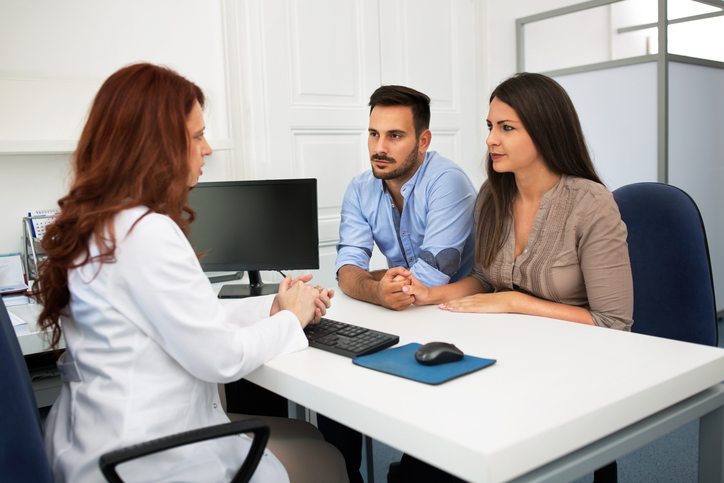
PCOS is one of the most common causes of infertility. The hormonal imbalance causes difficulty for many women with PCOS, as their ability to ovulate normally is often affected. Ovulation is crucial for pregnancy.
What to do: Dr Glenville told me that ‘one study found that 11 out of 12 women who had been overweight and not ovulating conceived naturally after reducing their weight.’ If after losing weight, you are still struggling to get pregnant Dr Downey recommends visiting your GP, as you might need medical assistance.
You have skin tags
Women with PCOS often develop skin tags, flesh-coloured mounds of excess skin and they tend to crop up around the neck area and under the arms. Skin tags are benign and can be triggered by friction (I often get them from my bra) and are also common in people without PCOS, so don’t be too worried if you have them.
What to do: See your GP regularly for check ups to make sure that they don’t become cancerous.

Dr. G Downey is a Birmingham based consultant Gynaecologist. She studied medicine in Ireland and chose Gynaecology as her specialty as she wished to empower women to make informed choices about their own health.
She trained in various hospitals in London including Queen Charlottes before coming to Birmingham. Her research was in to the cause of abnormal smears and resulted in her being awarded an MD. She has been a consultant gynaecologist at the Birmingham City Hospital for over 15 years. Dr. Downey been featured on several Channels 4 medical shows, publishes regularly in renowned journals and writes for medical text books, was a co-author to the current NHS cervical smear programme, and has specialist expertise in problems such as abnormal cervical smears.
For more information on specific health problems see Dr Downey’s website www.gabrielledowney.co.uk.
Dr Marilyn Glenville PhD is the UK’s leading nutritionist specialising in women’s health. She is the former President of the Food and Health Forum at the Royal Society of Medicine, a registered nutritionist, psychologist, author and popular broadcaster who obtained her doctorate from Cambridge University.
Dr Glenville works in Harley Street, London and Tunbridge Wells, Kent; and also has practices in Dublin, Cork and Galway in Ireland.She is the author of 13 internationally bestselling books many of which have become the standard reference books for practitioners and have sold over 1 Million copies which have been translated into over 20 languages.
For more information on specific health problems see Dr Glenville’s website marilynglenville.com.
Read More:
Is sugar ruining your fertility?
5 reasons you’re not losing weight
Like this article? Sign up to our newsletter to get more articles like this delivered straight to your inbox.



